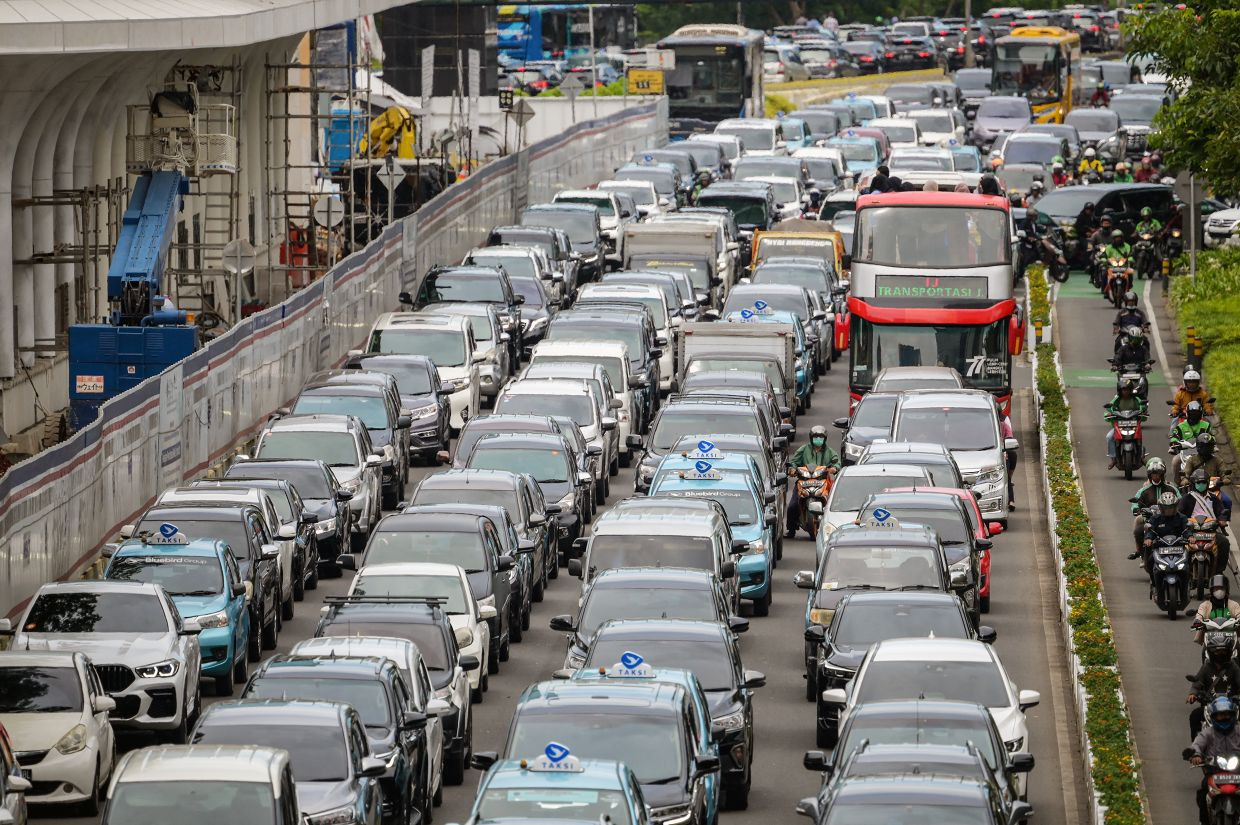Popular Reads
Top Results
Can't find what you're looking for?
View all search resultsPopular Reads
Top Results
Can't find what you're looking for?
View all search resultsWinning over Jakartans key to implementing congestion charging
Congestion charging might be unpopular, but other cities have shown it works to get traffic moving. The Indonesian government could take note.
Change text size
Gift Premium Articles
to Anyone
C
ongestion charging is coming to Jakarta, despite public opposition. Evidence from around the world shows it is the best policy to get traffic flowing in Indonesia’s congested capital.
The traffic in Jakarta is getting worse. Economic growth has led not only to rapid urbanization, but also to the metropolitan area sprawling into endless suburbs. Commuters in private cars have caused the city centre to suffer from heavy traffic congestion increasing travel times, air pollution, energy consumption, and causing serious economic loss.
As far back as 2004, an Integrated Transportation Master Plan for greater Jakarta, known as Jabodetabek, proposed a congestion charge.
Early attempts to reduce congestion included requiring each vehicle to have at least three passengers during peak hours. But people offered themselves, or their children, up as passengers to get around the rule, which led to its abandonment in 2016. Then, the government tried an odd-even license plate policy. A three-month trial of electronic road pricing (ERP) technology took place in 2014.
But since the end of last year, the government has been preparing the groundwork for implementing an ERP policy. The ERP is aimed to be in place by 2024 and is expected to cut private vehicle use by about 30 percent.
Congestion charging has been successfully implemented in countries around the world, from Singapore and London to Stockholm and Milan. The UK capital effectively reduced car traffic by up to 18 percent after the first year of congestion price implementation.
Yet, congestion charging is a challenging policy to implement. Indonesia’s various attempts to date have failed. And congestion charges have been rejected by the people of Edinburgh, New York City and Manchester, among others. The public glare surrounding the referenda on some of these proposals led to their rejection by 70–80 percent of voters.
It is social and legal issues rather than technical hurdles that will make the ERP difficult to implement in emerging cities like Jakarta. The public is generally skeptical about such a policy, and car users typically oppose it.
But one investigation found emphasizing certain aspects of traffic congestion can lead to greater acceptance of congestion charges.
People who had “awareness of the city’s environment” and “awareness of the problem of cars in society” were the most accepting of congestion charging. Emphasizing the problem of cars and their negative effects on the air and environment of Jakarta could be key to winning over the doubters.
If implemented correctly, the ERP could alleviate some of the relentless traffic jams of Jakarta. The social and legal issues are still the government's homework that is yet to submit. But the greater challenge will be convincing Jakartans that the charge is in their best interests.
---
The writer is a professor in transport planning and policy at the Department of Civil Engineering, Universitas Syiah Kuala, Aceh.










